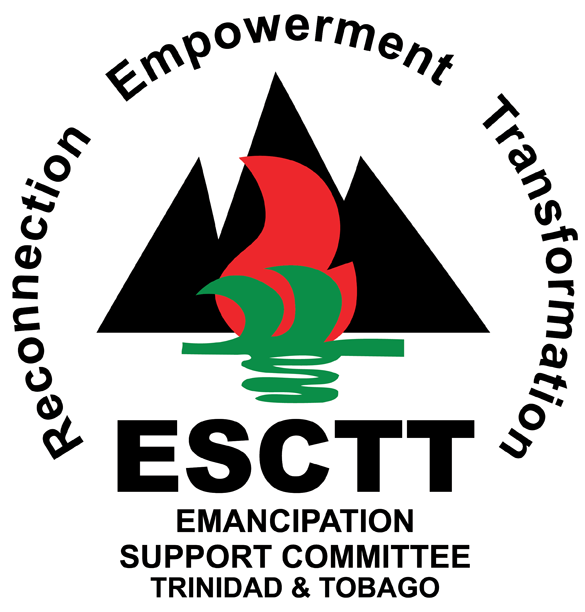This week the Cabinet of Trinidad and Tobago is scheduled to discuss and decide on proposals articulated in the public domain that pertain to Venezuelans currently living in this country (legally and illegally) and the thousands more expected to arrive. This comes as the United States and its allies continue to tighten a stranglehold on Venezuela’s economy, at the same time inciting and supporting major political disruption. These actions are backed up by a constant military threat, all together leading to a flood of migrants seeking shelter and security in neighbouring countries.
The proposals going before Cabinet include the right to work (for one year initially), access to public health care on the same basis as nationals and the provision of educational facilities for children..
In statements made on this issue government ministers and other official spokespersons have shown respect for international protocols and law as they relate to migrants and considerable humanitarian concern for the plight of Venezuelans escaping the hardships of sanctions and the threat of war.
While details of the proposals that will emerge from Cabinet – including their scope and the processes for implementation – will need to be carefully evaluated, the Emancipation Support Committee of Trinidad and Tobago, which has a long history of seeking justice for undocumented migrants in this country, supports the intent of the proposals and the spirit in which the measures are being addressed.
Now that a spirit of humanitarianism and respect for international law with respect to refugees and other undocumented migrants has come to the fore in relation to Venezuelans, we want to ensure that the same spirit and concerns influence decisions in regard to other undocumented migrants in Trinidad and Tobago. We say this against a background where under successive governments in Trinidad and Tobago, immigration authorities have been allowed to impose inhumane treatment not only on undocumented economic migrants but even on refugees fleeing wars, persons seeking to study at academic institutions in Trinidad and Tobago and others doing legitimate business in Trinidad and Tobago.
Unfortunately observation over several years would show that countries of origin and ethnicity have been major factors in determining the proportion of arrests, the harshness of treatment and length of time that persons have been confined to the detention centre. Although formal migration studies have revealed that persons from the African continent make up a tiny minority of undocumented migrants in Trinidad and Tobago they are over-represented at the IDC, consistently held for the longest periods of time, often subjected to the worst abuses, and several families with children have been destroyed. Even legitimate, fee-paying students from African countries have suffered terror, including abusive termination of their status when they are about to enter their final year of study.
Next in line for harsh treatment are persons from Haiti, a member country of CARICOM, whether they are here legally or as undocumented migrants. Many citizens would remember that it took a public campaign to protect a single young female from Haiti who landed in our country at the invitation of a national shortly after the devastating earthquake of 2010 in that country. The third category in this respect are citizens of Jamaica and Guyana. Shortly after his ascension to office our current Prime Minister made an urgent visit to Jamaica with part of his mission to save Trinidad and Tobago manufactures from a growing Jamaican boycott triggered by negative immigration encounters.
The Emancipation Support Committee of Trinidad & Tobago looks forward to the current spirit of humanitarianism, triggered by the Venezuelan crisis, becoming institutionalized in well articulated policies which are publicly announced. We look forward to practical implementation in retraining for immigration officers which would include cultural sensitivity training, reform of the management of Immigration Detention Centres to ensure that the human rights and humanity of detainees are not abrogated, practices that would avoid the extremes of brutality which the current IDC has witnessed on occasions, practices that would avoid cases of serious mental deterioration of inmates and in the extreme suicides and attempted suicides.
The education of the public on these matters must form a vital part of the movement forward.
